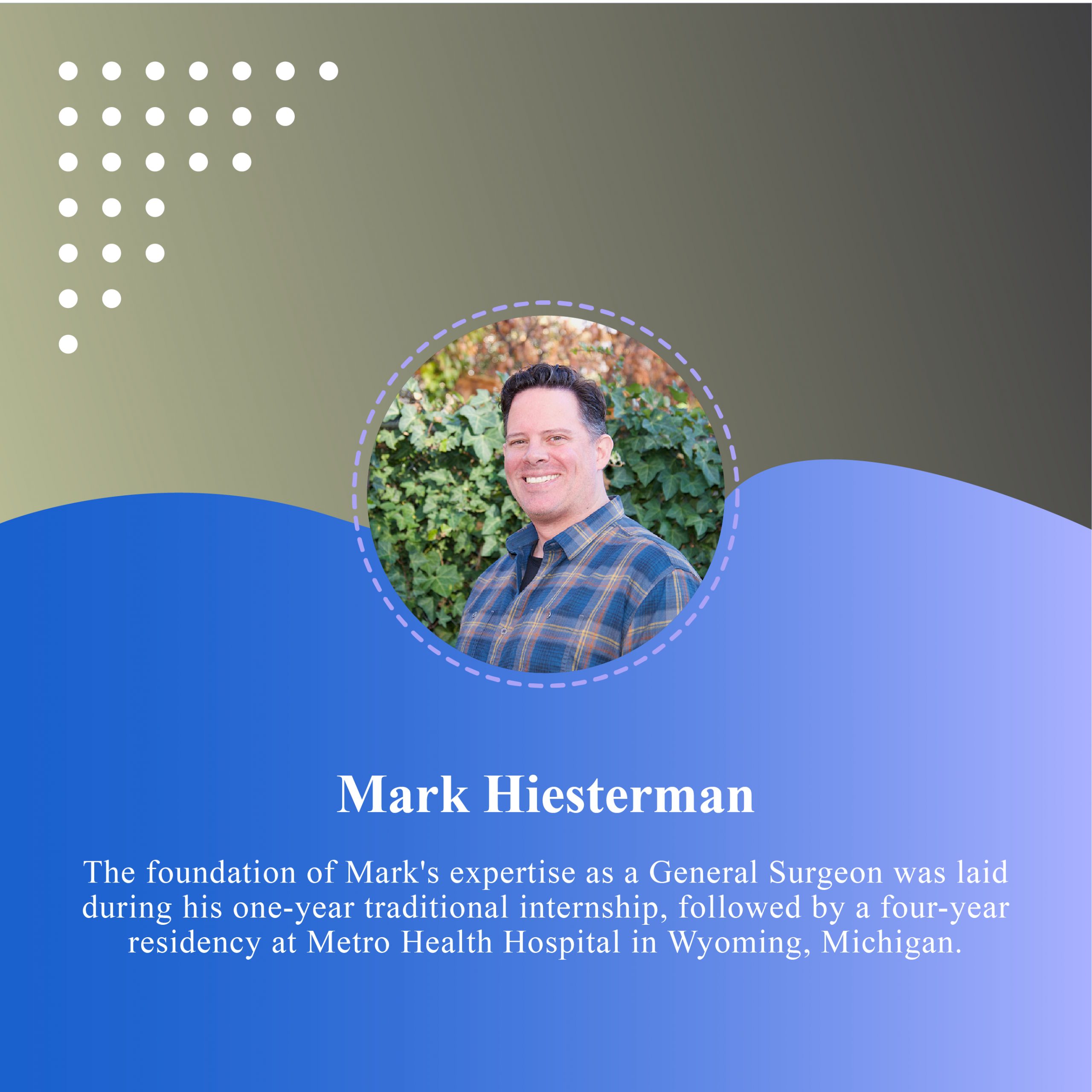
In the ever-evolving landscape of modern medicine, surgical breakthroughs stand as pillars of advancement, constantly pushing the boundaries of what was once deemed impossible. Pioneering techniques have revolutionized the way we approach medical conditions, offering new hope and improved outcomes for patients worldwide. From minimally invasive procedures to innovative robotic surgeries, these advancements represent the culmination of years of research, experimentation, and dedication by medical professionals. This article delves into some of the most remarkable surgical breakthroughs shaping contemporary medicine.
Minimally Invasive Surgery: Redefining Treatment Paradigms
Minimally invasive surgery (MIS) has emerged as a cornerstone of modern surgical practice, offering patients less pain, shorter recovery times, and reduced risk of complications compared to traditional open procedures. Techniques such as laparoscopy and robotic-assisted surgery utilize small incisions and specialized instruments to access internal structures with precision and skill. These approaches have transformed the treatment of various conditions, including gastrointestinal disorders, gynecological issues, and certain cancers.
Robotic-Assisted Surgery: Merging Technology with Precision
Robotic-assisted surgery represents a paradigm shift in surgical innovation, combining the expertise of surgeons with advanced robotic systems. With enhanced visualization, excellent maneuverability, and improved ergonomics, these systems allow for unparalleled precision and control during procedures. Surgeons can perform complex operations with enhanced agility and accuracy, leading to superior outcomes and faster recovery times for patients. From cardiac surgeries to prostatectomies, robotic-assisted techniques continue to redefine the possibilities of modern surgery.
Organ Transplantation: Pushing the Boundaries of Life-saving Procedures
Organ transplantation stands as a testament to the remarkable progress achieved in surgical medicine, offering a lifeline to patients suffering from end-stage organ failure. Advances in immunosuppressive therapies, tissue typing, and surgical techniques have significantly improved transplant success rates and expanded the pool of eligible donors. From heart and kidney transplants to liver and lung replacements, these procedures have the potential to prolong and enhance the lives of countless individuals, underscoring the transformative power of surgical innovation.
Precision Medicine: Tailoring Treatments to Individual Needs
Precision medicine has ushered in a new era of personalized healthcare, leveraging genetic insights and molecular analysis to tailor treatments to the specific needs of each patient. In the realm of surgery, precision medicine enables surgeons to identify biomarkers, predict treatment responses, and customize interventions for optimal outcomes. From targeted cancer therapies to gene editing techniques, these approaches hold the promise of more effective and less invasive treatments, heralding a future where medical care is truly individualized and precise.
Neurosurgery: Innovations in Brain and Spinal Cord Care
Neurosurgery occupies a unique position at the forefront of surgical innovation, addressing some of the most complex and delicate conditions affecting the brain and spinal cord. Advances in imaging technology, neuro-navigation systems, and minimally invasive techniques have revolutionized the field, allowing surgeons to treat tumors, vascular malformations, and neurological disorders with unprecedented precision and safety. From deep brain stimulation for Parkinson’s disease to endovascular procedures for stroke, neurosurgical breakthroughs continue to redefine our understanding of the human brain and reshape the landscape of neurological care.
The landscape of modern medicine is continually being reshaped by pioneering surgical techniques, ushering in an era of unprecedented innovation and progress. From minimally invasive approaches to robotic-assisted surgeries, organ transplantation, precision medicine, and neurosurgical breakthroughs, these advancements hold the promise of improved outcomes, enhanced patient care, and a brighter future for healthcare worldwide. As technology continues to evolve and boundaries are pushed ever further, the potential for transformative surgical interventions remains limitless, reaffirming the enduring commitment of medical professionals to the advancement of human health and well-being.